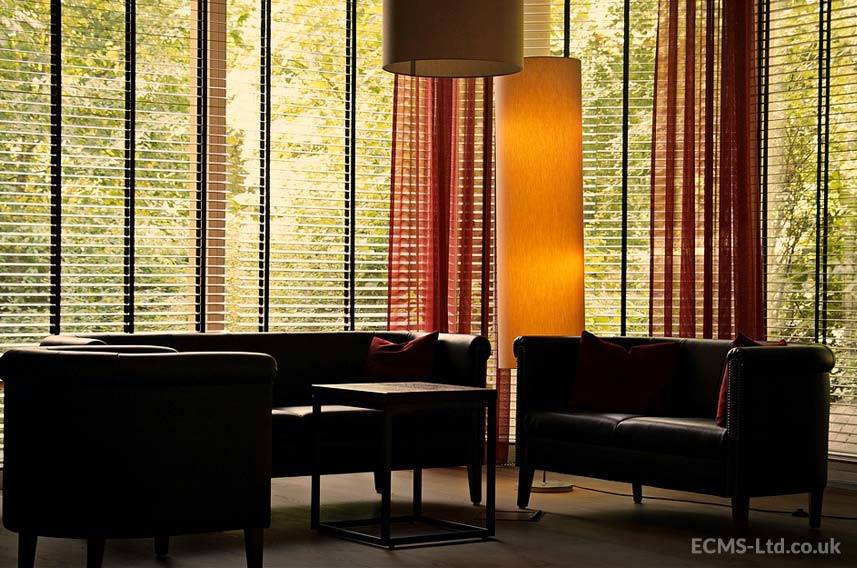Tel: 01474 876800 • Client Portal
- Who We Are
- What We Do
- Build
- Carpentry
- Building Works
- Commercial Flooring
- Commercial Glazing
- Commercial Locksmith
- Commercial Painting & Decorating
- Commercial Plastering
- Commercial Plumbing
- Commercial Refurbishment
- Commercial Roofing
- Design & Construction
- Electrical Installation
- Hard & Soft Landscaping
- Mechanical & Electrical
- Office Builders
- Office Fit Outs
- Office Heating
- Office Partitioning
- Office Relocation
- Site Management
- Maintain
- 24 Hour Helpdesk
- Access Control
- Air Conditioner Repair
- Air Conditioning Servicing
- Commercial Boiler Servicing
- Commercial Electricians
- Commercial Ground Maintenance
- Commercial Pest Control
- Commercial Property Maintenance
- Drain Unblocking
- Emergency Callouts
- Emergency Light Testing
- Facilities Management
- Fire Alarm Testing
- Fire Extinguisher Testing
- Fire Sprinkler Testing
- Fixed Wire Testing
- Handyman Service
- Lift Servicing
- Office Health & Safety
- PAT Testing
- Planned Preventative Maintenance
- Reactive Maintenance
- Roof Maintenance
- TMV Maintenance
- Water Hygiene
- Clean
- Build
- How We Do It
- Why Use Us
- Contact
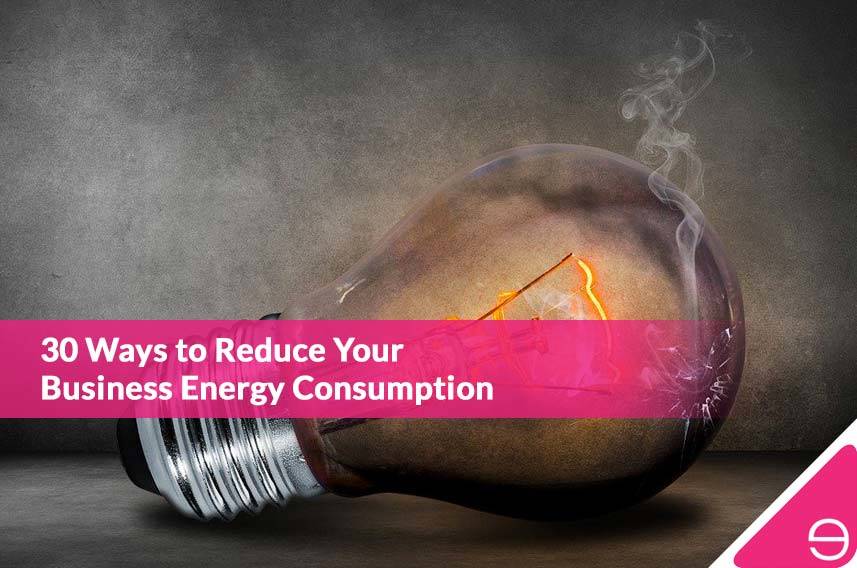
30 Ways to Reduce Your Business Energy Consumption
Is your business energy bill worrying you lately?
It seems to be getting higher and higher with every bill you receive, and you need to do something about it, and as soon as possible!
Since bills arrive on a regular basis you cannot afford to pay one high bill after another as it will make up for a substantial chunk of your business expenditure, and consequently, lower your profits.
So, here’s some tips which could help you cut your business energy costs quickly and easily.
Table of Contents
Energy Audit
It is best to always make well informed decisions.
To be able to make meaningful changes, you need to find out where the energy expenses are amounting, and where you can manage to reduce them.
That is why you should start off with an energy audit.
With an energy audit you will be able to pinpoint such areas, analyse what is happening, and find ways to reduce the expenditure you have been incurring.
Change Suppliers
Nowadays changing the energy supplier is not as difficult as it used to be in the past.
There is a good chance that another energy supplier could offer you better deals.
So, take some time to check out what different energy suppliers are charging, as you could be able to benefit from lower energy bills if you switch from your current supplier to another one.
Consider Alternative Renewable Energy Sources
Have you ever considered alternative and renewable energy sources to power up your business?
For instance, why don’t you consider investing in solar panels on the roof of your premises?
Many businesses take up this investment, which despite the fact that it might appear to be a substantial cost at first, it will pay off within a few years’ time.
Solar and wind energy options are being increasingly utilised by different businesses.
Besides helping you save money, you will also be doing your part to help reduce negative environmental impacts.
Reduce Peak Demand
One of the best ways to reduce your energy bills is to reduce your peak demand.
During certain hours of the day you will effectively be paying at the peak rates, as those are the times where the demand for energy is very high.
This typically revolves around the regular office hours.
So, you could consider putting some thought into establishing a roster, or running heavy equipment during other times of the day, so that you can pay at lower rates.
Install Motion Detect Auto-Dimmers
A motion sensor lighting system could lead to substantial savings.
Many lights are switched on all over your premises, and these inevitably lead to higher energy bills.
It is common for staff to forget switching off the lights, and so you will be paying for energy that is not being utilised efficiently.
To avoid such problems you should invest in a motion sensor lighting system, as well as ensure that the lights are fluorescent bulbs instead of the traditional incandescent ones.
This change will definitely result in substantial savings.
Fit Low Energy Lightbulbs
Nowadays there are energy efficient light bulbs that can help to lower your energy bills.
Considering that you surely have several bulbs throughout your business premises these will end up adding up, and so energy savings could be substantial.
To give you an idea, replacing just one 60-watt bulb with an energy efficient bulb of a lower wattage of say 18-watts, will help you save about £1 per month.
If you were to multiply this by all the bulbs in the premises, and by 12 months, you will be saving hundreds per year.
LED light bulbs are preferred as they use less energy but still offer proper light and they last much more than incandescent bulbs.
Utilise Natural Light
Apart from saving money on the types of light bulbs you use to light up your business premises, you should also try to take advantage of sunlight, which obviously comes for free.
If you have blinds or curtains, make sure to limit their use during certain hours of the day so as to benefit from sunlight.
This will reduce the amount of time your bulbs will stay on.
Wherever possible you might also wish to consider adding skylights.
Switch Off Lights, Computers & Equipment
A common problem with businesses is that at times employees forget to switch off computers, equipment or the lights before they leave the office.
This applies during break time, when leaving to attend a meeting, and sometimes even before leaving for home.
Sensor lights can be very helpful to keep the lights in the offices and other rooms and areas in the building switched on only when it is really necessary.
You should also try to remind your staff of their responsibility to switch off any equipment when not in use.
Prevent Phantom Energy
Phantom energy is the term used to describe the energy that is being used by equipment while it is plugged in but not being used.
Consider the various types of machines and equipment that are plugged in but not used for most of the day.
There are printers, computer peripherals such as monitors, and several others for sure.
It is a good idea to reduce this type of ‘useless’ energy by investing in surge protectors.
In this way such devices and equipment are switched off all at once by pressing a single switch.
Use Energy Efficient Equipment
The importance of energy efficient equipment when it comes to saving on energy bills can never be emphasised strongly enough.
Nowadays there are many energy efficient appliances, machines and equipment that could make a big difference.
Here are some things to check out:
Laptop computers for instance, use up much less energy than traditional desktop computers.
Energy star labelled computer peripherals are preferable as they are more energy efficient and they will automatically power down when not in use.
Install Programmable Thermostats
A great way to reduce energy bills is to install programmable thermostats which will automatically adjust the temperature in your premises when you are not present.
Reduce Heating Temperatures
There is no need to keep heating at very high temperatures.
Many offices tend to be too hot, and this ends up increasing expenses unnecessarily.
Besides, even turning the heating down by as little as one degree could result in considerable savings over a year.
Eliminate Draughts
It is important to seal your building properly so as to keep the temperature at the level you desire, and not having draughts steal away the heat.
Small gaps around window frames and doors could result in considerable draughts.
So you may wish to re-seal them properly.
Reduce Water Consumption
Water consumption also impacts on your energy bill if you have hot water readily available at all times.
This may not be quite necessary during certain months.
Also watch out for any water wastage that can be avoided, such as dripping taps.
Defrost Freezers & Refrigerators
When freezers frost up, they end up working less efficiently, resulting in higher energy consumption.
So regular defrosting is highly recommended.
Eliminate Screen Savers
Screensavers on your computers should be eliminated and replaced by sleep modes.
This is much more energy efficient and more practical too.
Limit Kettle Water Usage
Kettles are used a great deal in many offices where cups of coffee and tea are the driving force of many employees!
Unfortunately this also leads to energy consumption.
Just consider how many times each kettle is turned on every day.
While you cannot stop your employees from preparing that much needed cup of coffee, you can make them more conscious to not boil more water than they need.
Investigate Green Tax Breaks
Try to take advantage of tax breaks offered in your country.
You might be eligible for tax relief or even be exempt from certain taxes.
Some businesses for instance get tax relief due to the mere nature of their business which requires them to use a lot of energy.
On the other hand, small businesses which do not consume much energy are also rewarded.
In many cases businesses which demonstrate that they tried to be energy efficient also benefit from such tax breaks.
Allow Remote Working
Many businesses have started to appreciate how much energy savings they could benefit from once remote working began to be more common.
Having fewer employees in your offices simply means fewer computers, peripherals, light bulbs, kettles, and all sorts of equipment being used!
Educate Employees
It is important to remind your employees of their role in saving energy at the workplace.
Ultimately energy savings will result in higher profits, which could benefit everyone.
There are businesses which offer rewards to employees who are energy conscious, or even bonuses when savings are made.
 Keep Doors Closed
Keep Doors Closed
Keeping doors closed will result in less chilly air entering in the winter months, and so the need to heat up your workplace will go down.
The same applies during the hot summer months when the air conditioning units are used to cool down the premises.
It may be a good idea to consider installing revolving doors as these are thick as well as practical too since they close on their own.
Install Insulation
Ceiling and wall insulation could be a good long term investment if you really want to lower your energy bills.
It will not come cheap, but in the long run it will pay for itself.
Regular Cleaning
You will be amazed at how much more light your bulbs could offer if only they were cleaner!
Making sure that the lighting fixtures are clean may seem a ridiculous tip but it actually increases their output considerably.
Limit Device Charging
Many employees end up charging their smartphones and other devices while they are at work.
Obviously this allows them to basically charge for free, with the cost being incurred by their employer.
This needs to be considered collectively, because if there are a hundred employees all charging their smartphone every day, you can only imagine how much the costs amount to at the end of the month.
Install Ceiling Fans
Ceiling fans are a good alternative to air conditioning.
In some areas in your business premises there may not be the need to have an air conditioning unit, as a ceiling fan can cool off the place well enough, while using up much less energy.
Service HVAC Systems
Regular servicing of HVAC systems is of the essence.
Servicing will ensure that the HVAC system is running optimally and efficiently.
Cleaning of filters can also be done, and this can result in considerable energy savings since clogged and dirty filters increase consumption dramatically.
Energy Efficient Kitchen Appliances
If you check the appliances in the kitchenette, you might notice that they do not have an A+ energy rating.
So you might wish to consider replacing them with energy efficient appliances.
Consider Gas Central Heating
Gas central heating could help you pay much less.
So you may wish to consider switching to natural gas heating systems in your business premises.
Remove Obstructions from Heaters, Radiators & Vents
The heater, radiator and air vents should be left free from any barriers.
You might notice that furniture, curtains or other items could be obstructing the vents, and this is both hazardous as well as energy inefficient.
Plant Shady Trees Outside the Office
Consider the possibility of planting trees outside your premises so as to offer some shade during the summer, and also block winds in the winter.
This could reduce your cooling and heating costs, while also make the exterior of your building look nicer.
Conclusion
As you may see there are several ways and means how you could reduce your energy bills.
There are many practical tips you could put into practice readily, and others which involve some expenditure, which will however result in energy savings over the longer term.
We suggest you go over each of these suggestions so as to choose several ones which will work best for your workplace.
Request a Callback
Recent Posts
- 10 Common Saniflo Toilet Troubleshooting Solutions 01th Jul 2025
- Importance of Personal Hygiene at Work 01th Jun 2025
- How to Clean a Toilet Brush 01th May 2025
- How to Clean Painted Walls 01th Apr 2025
- How to Get Oil Stains Out of Carpet 01th Mar 2025
- How to Clean a Fridge and Remove Bad Smells 01th Feb 2025
- How to Get Coffee Stains Out of a Carpet 01th Jan 2025
- How to Clean Gutters Correctly 01th Dec 2024
- What is PAT Testing? 01th Nov 2024
- How to Clean an Oven 01th Oct 2024


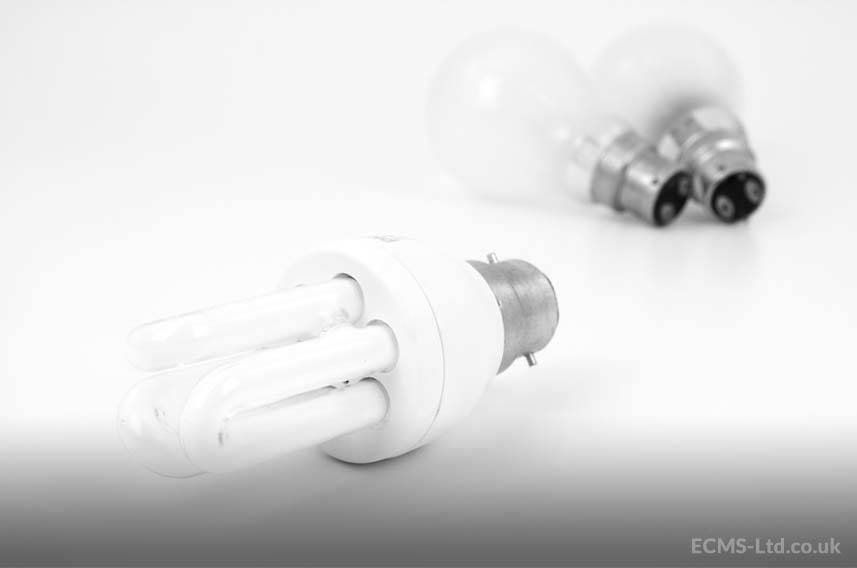
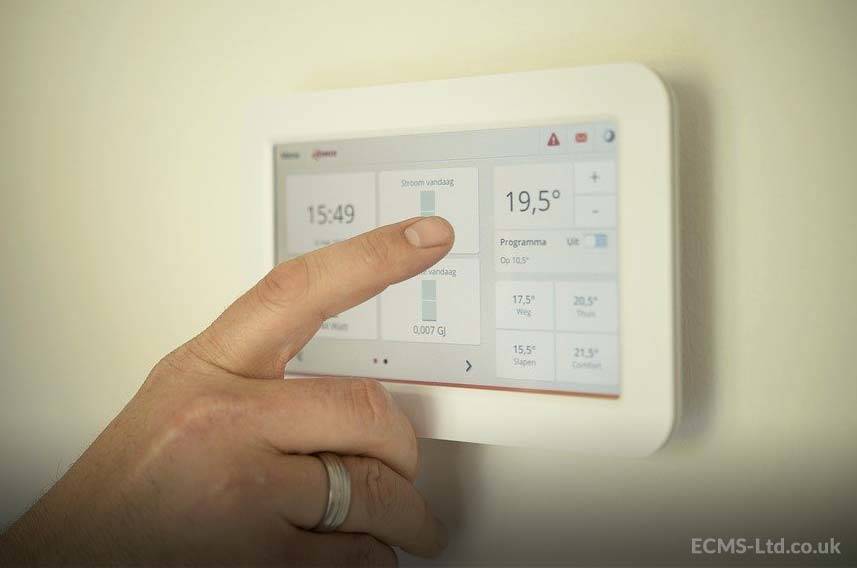
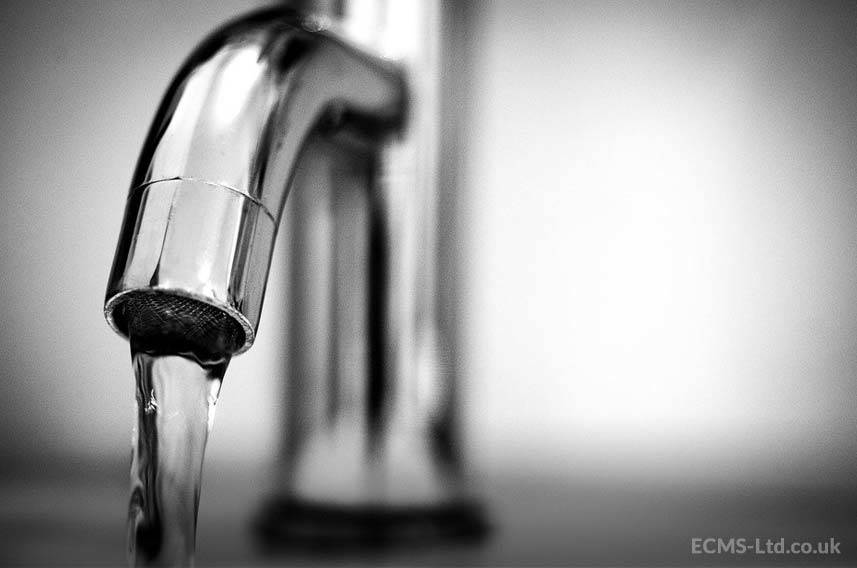
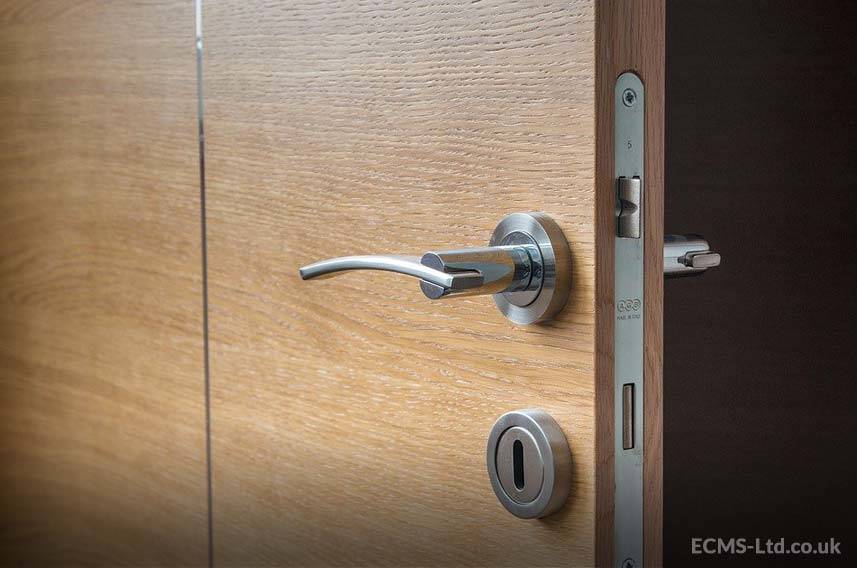 Keep Doors Closed
Keep Doors Closed